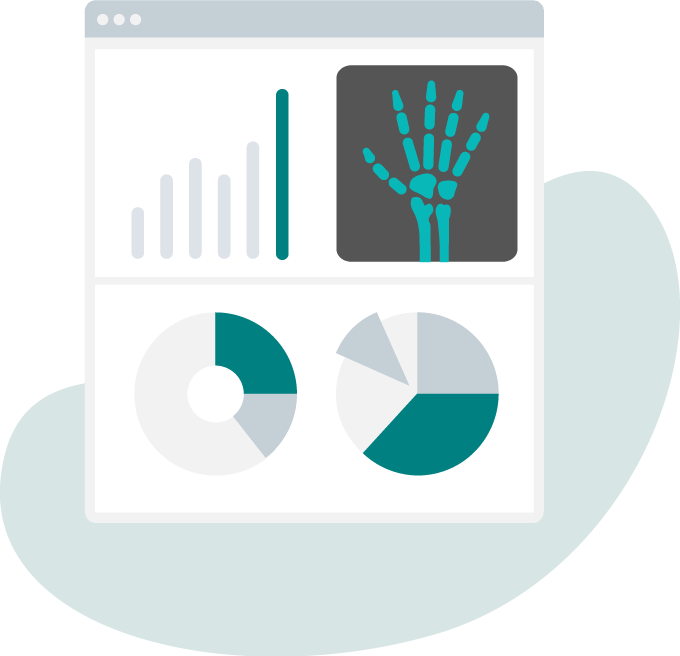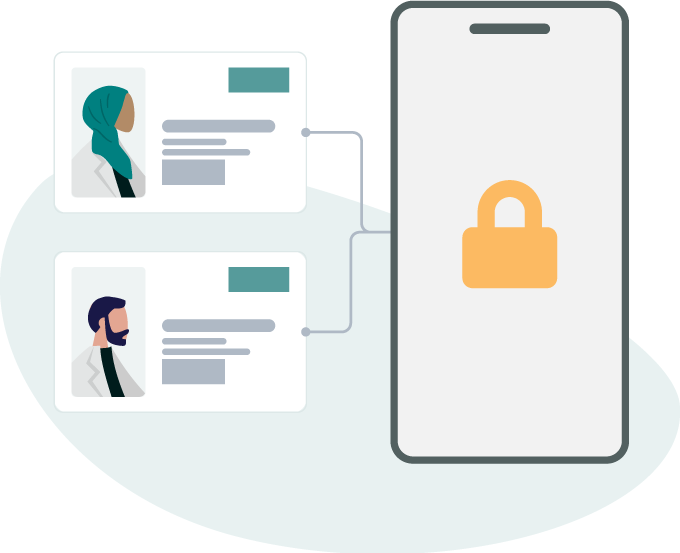Frequently asked questions
Which specialties will be covered by Connect NENC?
In the first phase of the project, the following specialties will be the first to use the new referral platform. These have been listed in the order which they will roll out:
- Renal
- Renal-transplantation
- Hepato-biliary-surgery
- Neurosurgery
- Spinal
- Intestinal failure
- Burns (adults)
- Vascular
- Cardiology

When will Connect NENC be live?
Connect-NENC went live on Tuesday 12th November 2024, allowing referrals to take place between Northumbria Healthcare NHS Foundation Trust and Newcastle upon Tyne Hospitals NHS Foundation Trust to the Renal Hub at the Freeman Hospital.
Gateshead Health NHS Foundation Trust went live on Tuesday 26th November, also allowing referrals to the Renal Hub at the Freeman Hospital.
Clinicians from all three of these hubs will be able to refer to new specialist hubs as and when they go-live.
The HPB Surgery Hub at Freeman Hospital went live on Tuesday 3rd December.
Both spinal and neurosurgery referrals began to use Connect NENC on Tuesday 25th March, with all regional Trusts able to refer into Hubs at Newcastle Hospitals and South Tees Hospitals.
The remaining hospital Trusts are expected to go-live early in 2025. This will allow the remaining Renal Hubs across the region to take referrals from their respective referring hospitals.
A further four specialties are in development and expected to go-live in early 2025.

Who oversees Connect NENC?
The project is being hosted by Newcastle Hospitals, on behalf of the North East and North Cumbria Integrated Care System/Board.
The project board is made of senior digital and clinical leads from regional and local organisations. Each Trust has a seat at the project board.
The project board is chaired by Nikhil Premchand, who is the CCIO in Northumbria Healthcare Trust. View the structure of the Board.

How is Connect NENC governed?
This project has full governance structure with a project board represented by all organisations to support decision making, cost, quality and time and manage any issues that require escalation within the NENC ICB structure.
Information Governance for the project is being managed via the NENC regional Strategic Information Governance Network (SIGN). This is so that all Trust IG departments are linked and have approved the framework and agreed appropriate governance documentation.

Who has been involved in creating the referral forms and processes?
Specialty Design Authority (SDA) leads have been identified for each of the six initial specialties incorporated into Connect NENC. The responsibility of these roles is to represent their specialty within the project, raise any concerns and deliver insight on the best use of referral forms and processes.
This is a vital role, not to complete all the work, but to provide leadership within the SDA. They help coordinate and facilitate the projects rollout for the specialty, alongside the project team. SDA leads act as the leader and subject matter expert of the specialty within the region.
SDA leads discuss how many forms or methods of referral are needed and their content. Once a design is made, it will be submitted to the Overall Design Authority (ODA) for approval. The ODA will ensure the SDA’s developments are consistent with the overall design and governance in place.
Their role involves:
- Identifying or delegating identification of the below SDA members
- Chairing SDA meetings
- Feeding back to the Overall Design Authority (ODA)
- Attending relevant Overall Design Authority (ODA) meetings
